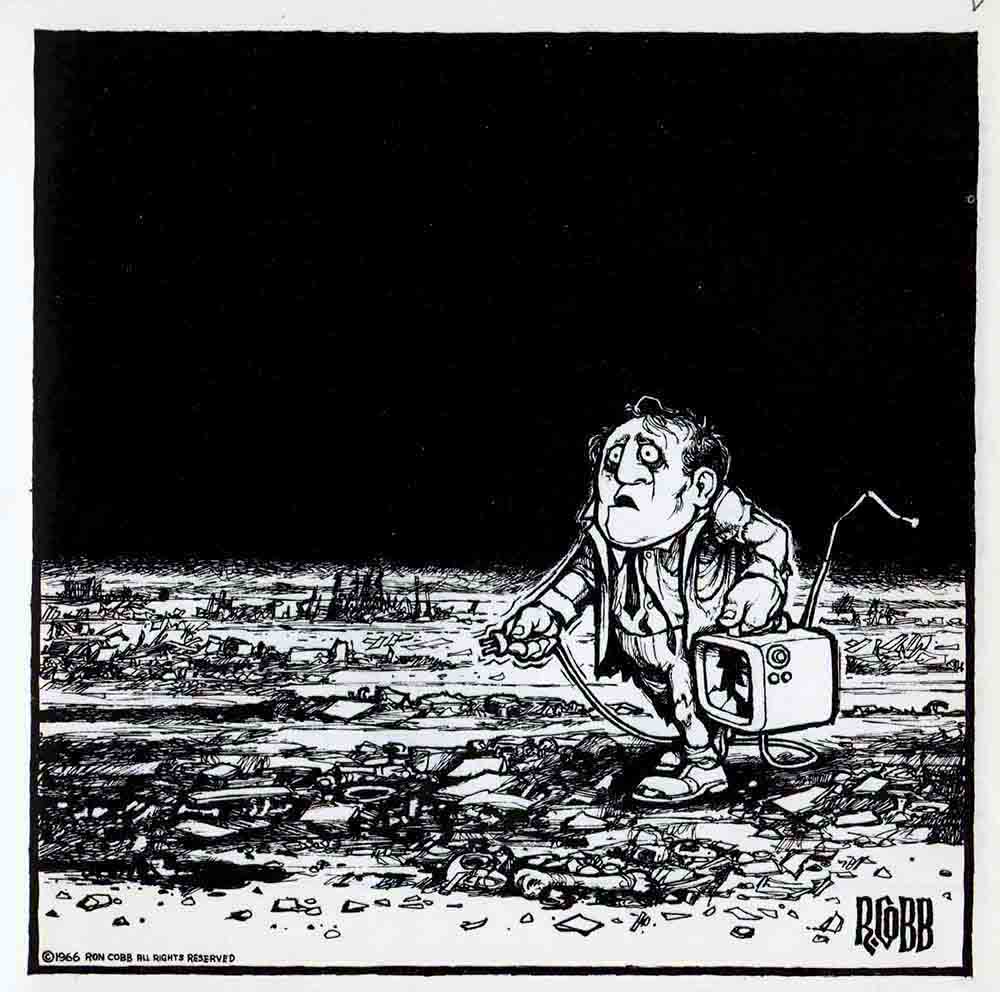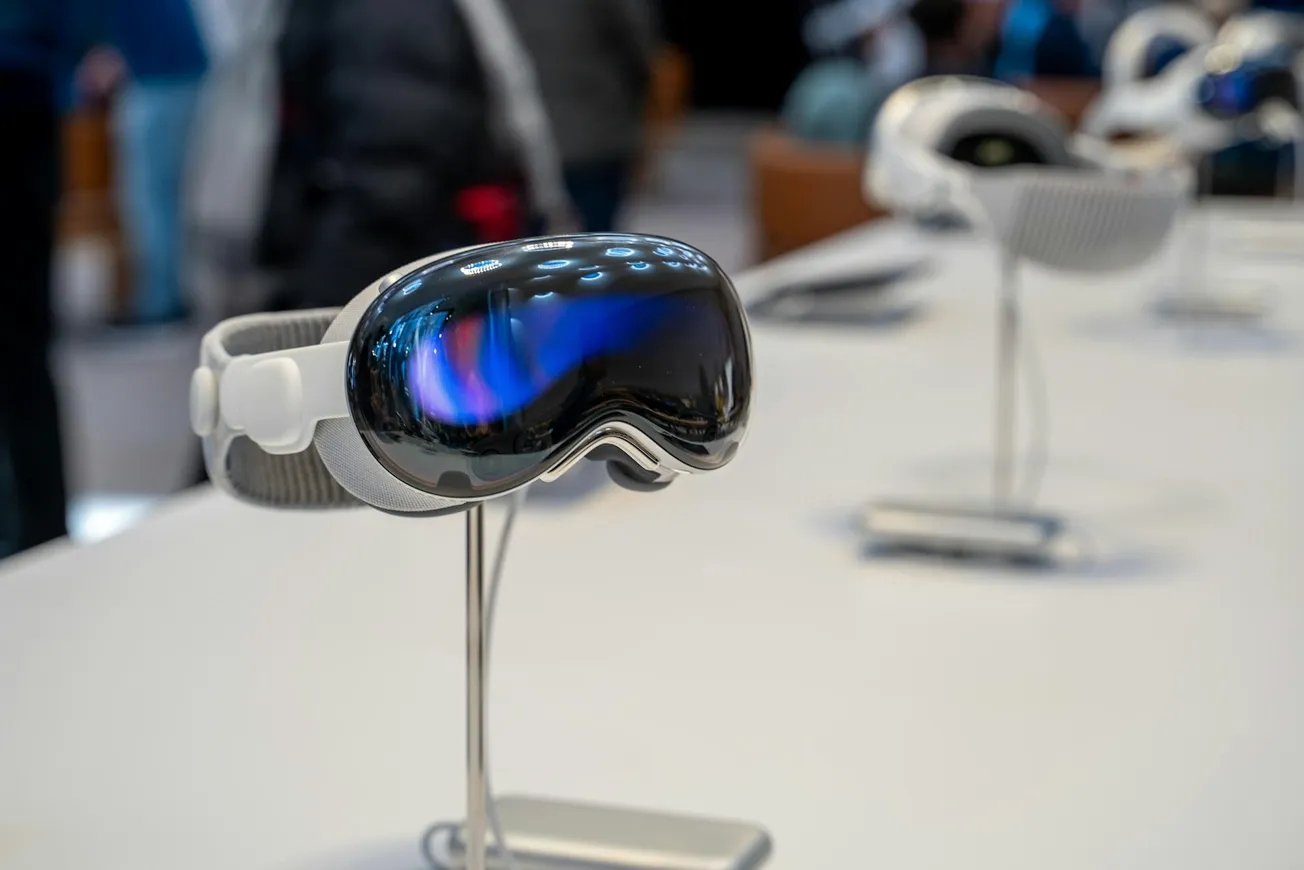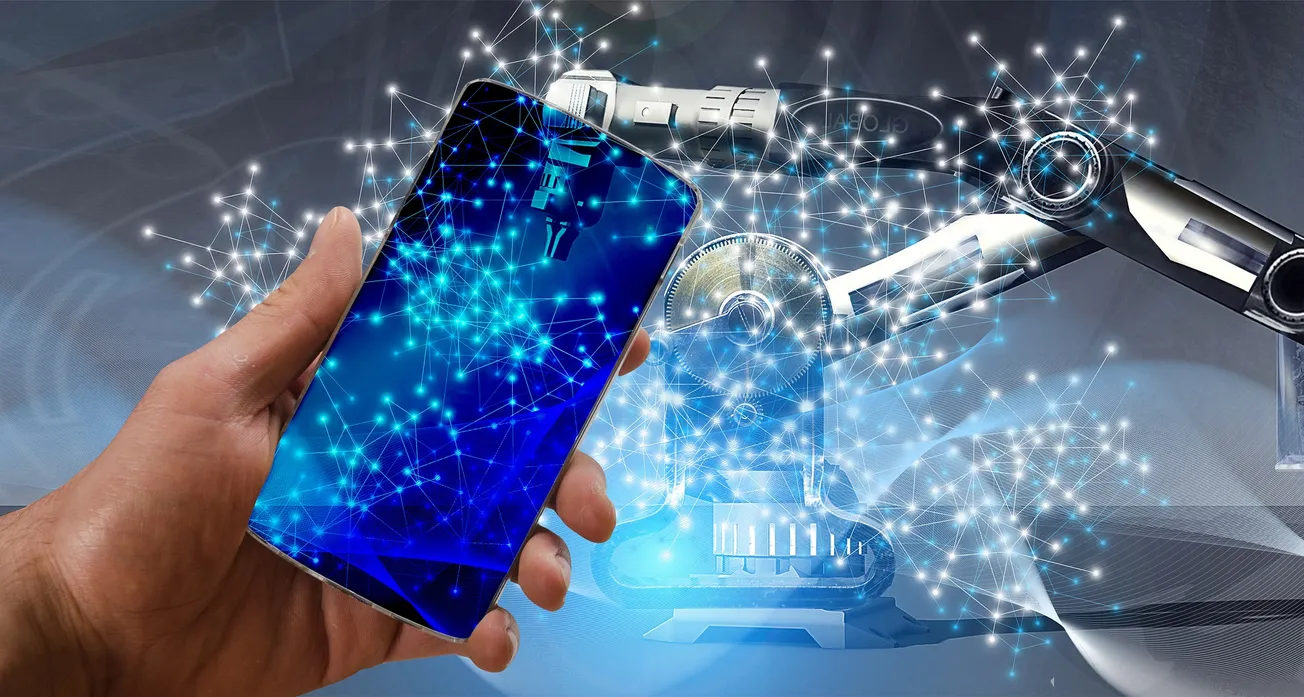Table of Contents
As millions of social media users suddenly pretend to care so very deeply about a place they couldn’t find on a map, let alone have the first clue about its history or politics, it’s somewhat amusing to see mainstream media pundits also suddenly pretend to venerate manly virtues like courage and strength. The same pampered twits who’ve spent the last decade gibbering about “toxic masculinity” suddenly demand to know if “we” (meaning you, or at least your sons) are “man enough” to “defend democracy and freedom”.
As if they haven’t spent the last two years steadily dismantling democracy and freedom here.
Still, regardless of the staggering hypocrisy of the media and their political masters (all of whom are perfectly aware that they will never so much as have to break a nail or dislodge a perfectly coiffed hair in a foreign war), it remains an interesting question: have we become addicted to luxury? And what does that bode for our civilisation?
Luxury, technology, and easy-living can ensnare us or box us in. In many ways, it’s a modern and relatable phenomenon, but it goes back at least to the Roman writer, Tacitus. It’s the idea that the trappings of civilization enslave us. How is it that, without even knowing it, those things we thought were helpful and time-saving became indispensable essentials?
The Romans may have won an empire at the point of the gladius, but they kept it by introducing their new provinces to easy Roman living.
The Britons, Tacitus noted, were enslaved, not by chains, but by their desire for good wine and elegant dinner parties. In fact, the governor of Britain, Agricola, deliberately sought to pacify this tribal warrior society by the “delightful distractions” of warm baths, togas, and education. As Tacitus wrote, “The naïve Britons described these things as ‘civilization,’ when in fact they were simply part of their enslavement.”
Comfort and convenience had morphed painted, screaming warriors into genteel, pacified civilians. (It should be noted that Tacitus likely over-exaggerated all this. Britain was never as compliant as France or Spain in the Roman Empire.)
Luxury as empire-winning domestication carries over into modern times. Britain built its empire, as Niall Ferguson has written, on a massive caffeine and sugar rush. Where necessary, Britain literally drugged resisters into submission, as it did in China during the Opium Wars.
The Cold War was also won on the back of luxury. When cheap American TVs and refrigerators inevitably worked their way into the USSR, the Soviets couldn’t hope to match such opulence. The bloc came to see such “luxury” domestic goods as essential, and only the USA could give them.
In the aftermath of WWII, Aldous Huxley envisioned the most efficient tyranny of all, where the slaves were drugged into loving their state of bondage. He fictionalised it, in Brave New World, as achieved by the drug “Soma”: which “would make people feel happy in small doses, it would make them see visions in medium doses, and it would send them to sleep in large doses”.
Silicon Valley has created a Soma more powerful than even Huxley could imagine.
Companies like Facebook, Apple, and Google slowly and surely wire our lives into their algorithms and platforms. Social media are designed and calibrated to be deliberately addictive. Time- or money-saving services, like cloud-based storage, have become so universal, that going back is becoming impossible. It’s increasingly the case that we don’t even know our passwords for things—we let our phones or apps invent and store them for us.
A new technology or service is initially a luxury—until it becomes so normalized and ubiquitous, so essential—that we can’t go back to the time before it appeared. What was once a “want” becomes a “need.”
Big Think
E. M. Forster envisioned a future world where “the machine” caters to our every whim and need. The Machine is so ubiquitous that no-one even remembers how it was made or works (how many of you have the foggiest idea of how the internet that you’re reading this on really works?).
Then, one day, “The Machine Stops”.










